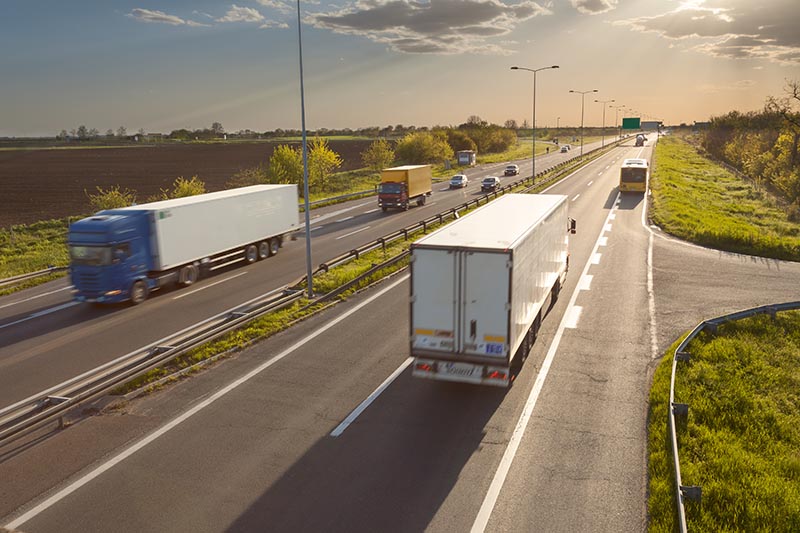
As you begin to grow your trucking company, many questions about insurance coverage can arise. With each new opportunity comes more risk and chances for the unexpected to happen. A common question for new trucking company owners is whether trailer interchange insurance or non-owned trailer insurance is necessary for their company.
What Is Trailer Interchange Insurance?
This insurance covers your company when you enter into a trailer interchange agreement. In such arrangements, you agree to transfer cargo between your two companies in order to complete the delivery.
When this happens, you may end up hauling a trailer that you do not own. Trailer interchange coverage protects you and the driver while you are hauling a trailer that belongs to someone else. It also will provide coverage if any damage to the trailer is incurred while the trailer is under your care, even if it is not attached to a rig.
How Is That Different Than Non-Owned Trailer Insurance?
Trailer interchange insurance and non-owned trailer insurance are very similar. The two main differences between the two are:
- Non-owned trailer insurance will only provide coverage while the trailer is attached to your rig; it will not cover losses that occur when the trailer is unattached to your power unit, even if the trailer is under your care at the time of loss.
- Non-owned trailer insurance does not require that you have a trailer interchange agreement.
Are These Policies Necessary?
Most trucking companies find that carrying either trailer interchange insurance or non-owned trailer insurance is necessary for their peace of mind. There are other reasons why having these policies can help your business as well:
- These policies protect you if the unexpected happens while you are hauling a trailer that does not belong to you. Without trailer interchange coverage or non-owned trailer coverage, if something should happen to the trailer that you do not own while it is in your possession or attached to your rig, you are financially liable for all costs. These damages could be extremely costly and just one incident could close your company.
- Having one of these policies makes you more attractive to partner companies. Appearing more professional, and protecting their investment as well as your own, is good business sense and increases your appeal as a business partner.
- If the unexpected does happen and you are required to cover another company’s loss, being insured and providing restitution to your business partner in a timely manner increases your reputation and can help you become a trusted partner in your network, helping to grow your business even further.
Which Policy Is Best?
Choosing between trailer interchange coverage and non-owned trailer coverage will depend on your specific business needs. Look to your business partners and how you most often structure your exchanges to determine which coverage is best for you. You may find you will need both types of policies to fully protect your company.
How Do You Purchase Trailer Interchange Insurance and Non-Owned Trailer Insurance?
If you are interested in trailer interchange coverage or non-owned trailer coverage, contact your trusted insurance professional to learn which insurance is best for you and how you can purchase a policy.
